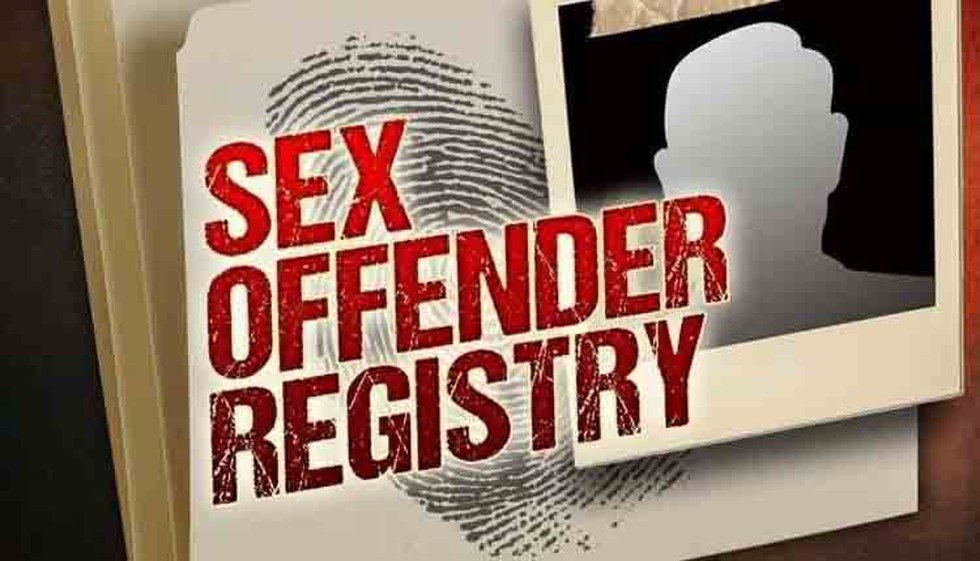Tech Talk
Panel Requests Home Ministry To Include Cyber Porn, Blackmail & Stalking Offenders To National Database.

NEW DELHI: The Standing Committee on the Ministry of Home Affairs has requested that the National Database of Sexual Offenders(NDSO) include offenders and criminals who participate in online pornography, cyber blackmail, cyber stalking, or bullying on a regular basis.
The Home Ministry established the NDSO to assist Law Enforcement Agencies (LEA) in identifying repeat offenders, receiving alerts on sex offenders, and assisting in investigations.
The group, led by Congress MP Anand Sharma, concluded that it was critical to improve the investigation mechanism for identifying and monitoring of cybercriminals, particularly those who target women and children.
The Committee also stated that a nationwide effort to raise awareness among all segments of society about the use and misuse of cyberspace, as well as the changing technology that is being used to perpetrate various and new sorts of cyber crimes, was critical. It is also critical to protect minor children/juveniles from crimes like as chatting, internet trolling, and molesting, according to the report.
The research also raised concern about the increased use of internet streaming sites and applications that show sexually abusive content in movies and serials, and suggested that effective regulation was needed to protect society from its negative consequences. The 233rd report of the Standing Committee on the Government’s Action on Atrocities and Crimes Against Women and Children was delivered to Parliament on August 10, 2021.
With the ongoing adoption of digital services, tools, and apps, the Committee found that dependence on cyberspace has grown tremendously. This has resulted in an upsurge in cybercrime and the issues that come with it. “To address the challenges, a multi-pronged approach is required, including providing proper training to law enforcement agencies, investing in the right cyber security solutions, developing dynamic prevention methods, and raising public awareness about the use and misuse of cyberspace,” the panel stated.
The group also advised that educational institutions include cyber safety lesson plans to teach students about internet safety and responsible use. Furthermore, educational institutions should be advised to arrange sessions with parents to help them recognise any indicators of their children being victims of cybercrime at an early stage, according to the research. The MHA informed the Committee that a “Handbook on Cyber Safety for Adolescents and Students” had been published, with a soft copy of the handbook available online at www.cybercrime.gov.in and on the Home Ministry’s website.
All ministries, departments, states, and union territories have received a copy of this booklet. It has been having frequent meetings with educational establishments to discuss the next steps in raising student knowledge of cybercrime prevention, according to the MHA.
